
An EU-funded initiative has translated scientific knowledge regarding expected climate change impacts into a decision support system for forest practitioners and policymakers.
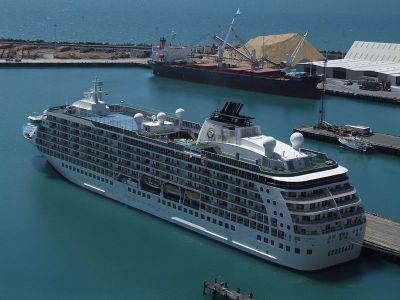
Ships are responsible for almost 5 % of the world's carbon dioxide emissions. An EU initiative is designing smart energy management strategies that will result in more energy-efficient shipping.

The transition to a low carbon economy by 2050 will involve irreversible step-changes in the cultural, economic and natural domains, with qualitatively different socio-economic configurations before and after. COMPLEX will develop new modelling tools for managing step-change dynamics by working across a wide range of spatio-temporal scales, and integrating the knowledge of many stakeholder communities, for example in respect of land-use change driven by carbon-related technologies.

Scientists investigating the impacts of climate change need to understand how multiple environmental stressors combine to affect individuals, populations and ecosystems. In marine ecosystems, stressors appear to have a significant effect on the larval stages of organisms.
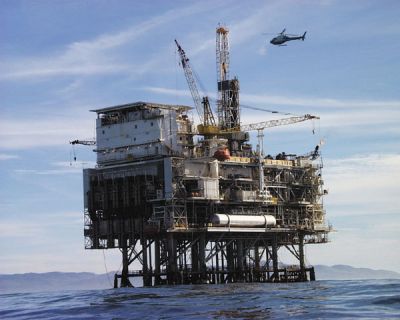
A significant portion of available oil remains unexploited after primary production at drilling sites. Novel technology suitable for use on floating platforms will aid in application of proven methods to release much of the oil trapped in the ground by physical forces.
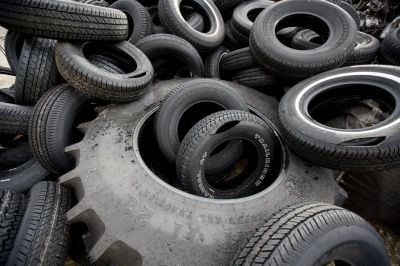
An EU-funded project developed an innovative thermal process to turn waste tyres into energy and ceramic materials.
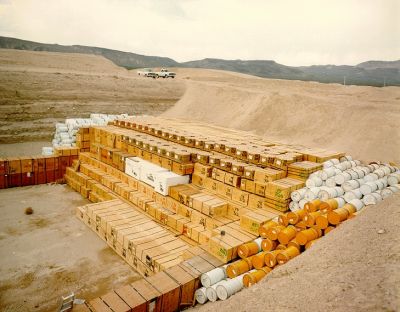
Radiation isn't the only problem of burying radioactive waste deep underground — waste also produces dangerous gases. An EU-funded project has forged a better understanding of how waste gases flow around and out of geological repositories to help national organisations ensure the process is safe.
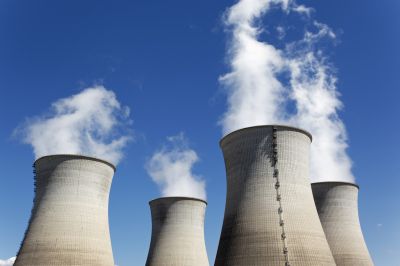
Much greater efficiencies of coal-fired power plants can be achieved by raising steam turbine temperatures and employing innovative combustion processes. Scientists are developing anti-corrosion coatings to facilitate implementation and fewer emissions.
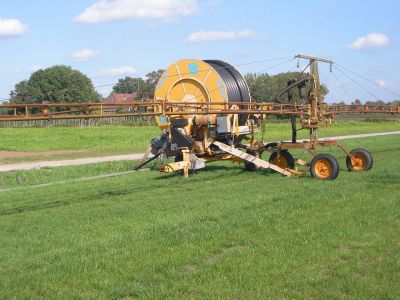
Irrigated farms are the biggest consumers of fresh water in the Mediterranean region. EU-funded researchers addressed this issue, working alongside farmers to develop water management tools and techniques.

Africa is the world's second most-populous continent after Asia and has a huge need for energy and feedstock supply. African food and agricultural waste provides an excellent substrate for biorefinery processes for the production of valuable, sustainable products, including biofuel.
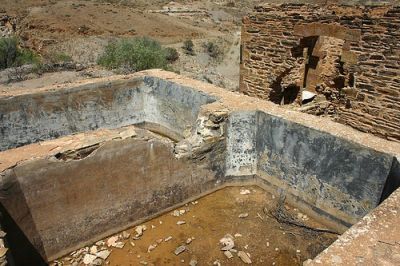
Mining activities provide the raw materials to manufacture products for a multitude of industries ranging from electronics to aerospace to biomedicine. A new EU-funded project is helping ensure the environmental safety of the mining industry.
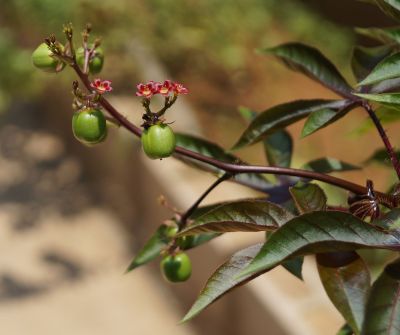
Scientists have investigated several aspects of jatropha cultivation in order to produce biofuels and biomass without impacting food security.
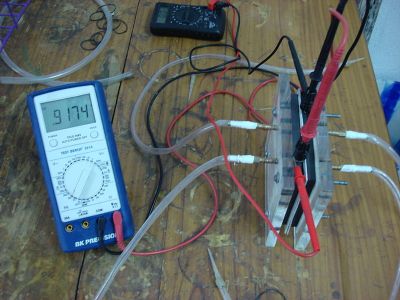
Cost and durability represent the main obstacles to full commercialisation of proton exchange membrane fuel cell (PEMFC) technology for vehicles. An EU-funded project is developing suitable materials for high-performance PEMFCs with a long lifetime.
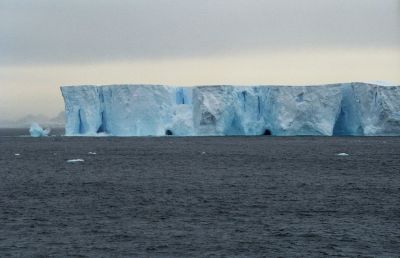
How water interacts with different elements around it, such as soil, ice and structures, can reveal much about evolving climate patterns and help find ways to address global warming.
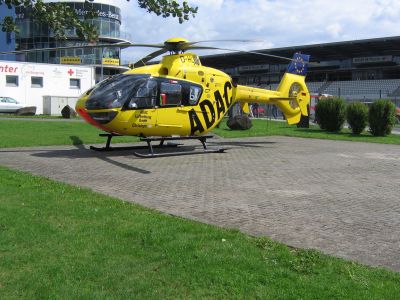
The EU is dedicated to reducing emissions associated with air transport. The objective applies equally to rotorcraft as to aeroplanes, so first-time measurements and models of helicopter flue gas emissions are of fundamental importance to the efforts.

Researchers are advancing new local and regional forecasting methods that produce skilful and reliable land predictions over local and large timescales.
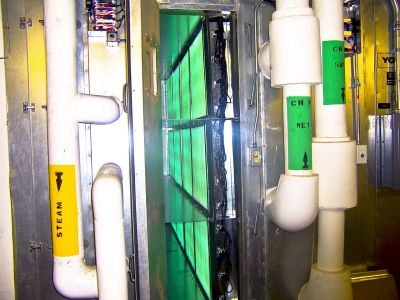
Pesticides are used around the world but can persist in the environment, contaminating drinking and irrigation water with toxic organic compounds. One example is Vietnam where herbicides and dioxins applied during the Vietnam war entered the water cycle, possibly leading to cancers and abnormalities in newborn babies.
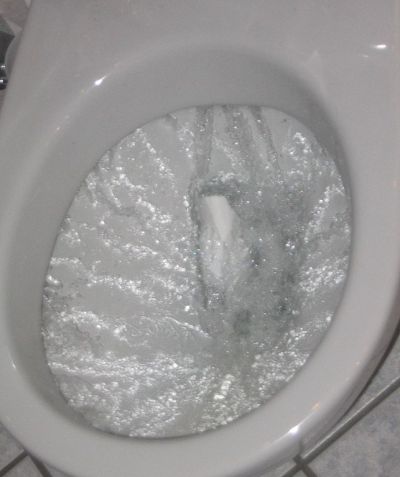
Flush toilets use large quantities of water and are expensive to operate and maintain. Therefore, European sanitation engineers are advancing a clean, efficient and environmentally friendly alternative.
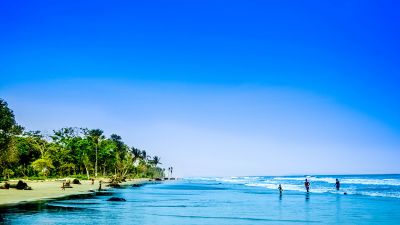
In the marine environment human activities and other factors can result in algal blooms and habitat destruction, which may affect people's health and local communities. A common method for assessing the status of water quality is by measuring its optical properties to determine sewage impact, dissolved organic matter, sediment loads or biological activity.
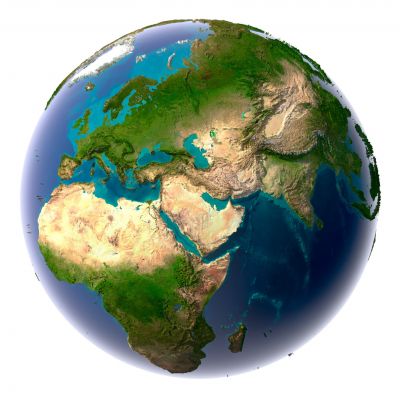
An EU study addressed the weaknesses of integrated assessment models (IAMs) in predicting the economic effects of climate change. The project revealed large uncertainties about the effects in several regions, and created more accurate modelling techniques.

An EU-funded project is working to develop sustainable refurbishment solutions for residential buildings. Its energy-efficient retrofit approach takes into account different building types, climates and socioeconomic conditions.

Scientists have conducted climate reconstructions over millennia using the isotope signals stored in tree rings.
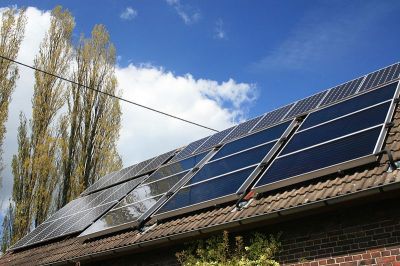
EU-funded scientists are replacing the conventional molten salts in solar technologies with a suspension that can capture and store heat at higher temperatures.
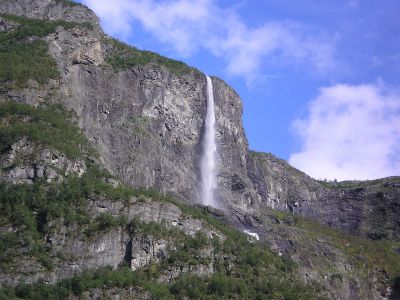
Scarcity of fresh water is of growing concern in the Mediterranean area due to urbanisation, irrigation and changing rainfall patterns. The influx of millions of Sun-seeking tourists puts even more pressure on limited water resources during the summer season.

An EU-funded project is accelerating widespread use of renewable aviation fuels in Europe. Exciting new players are appearing on the biofuel scene such as camelina oils.
























